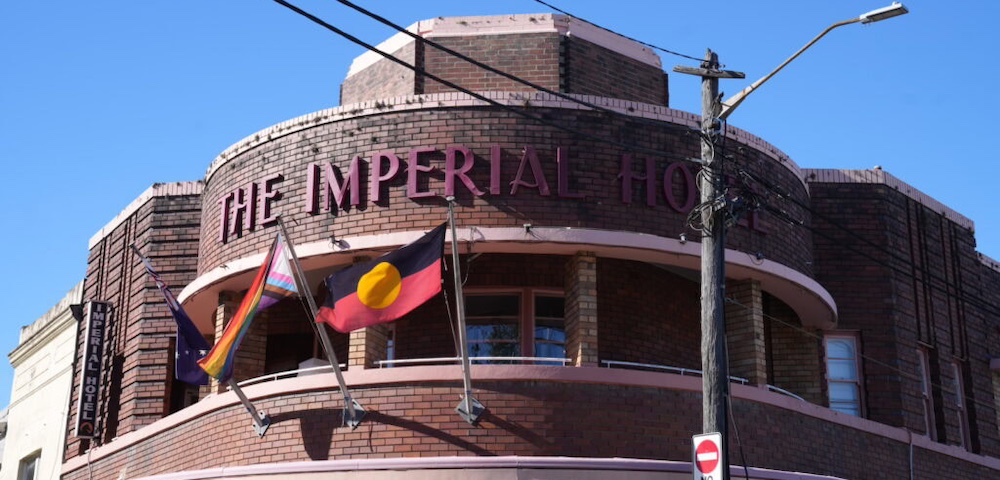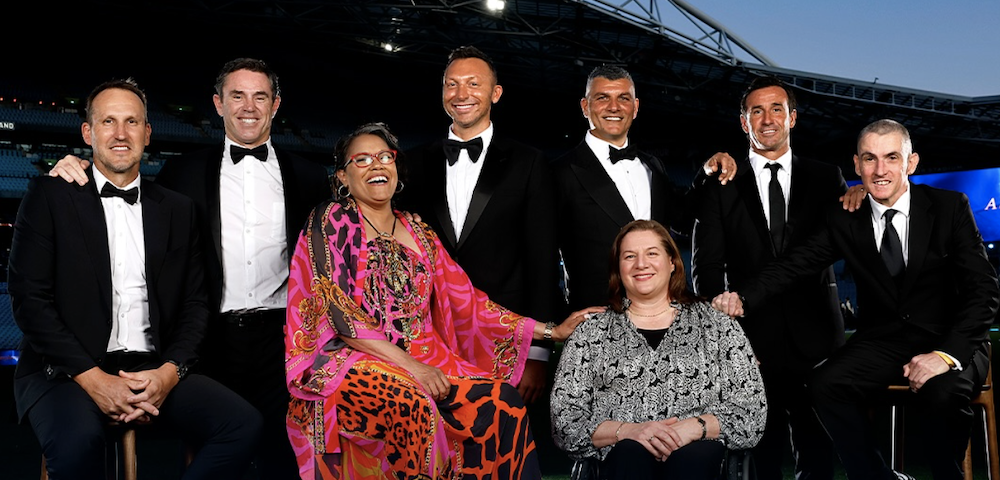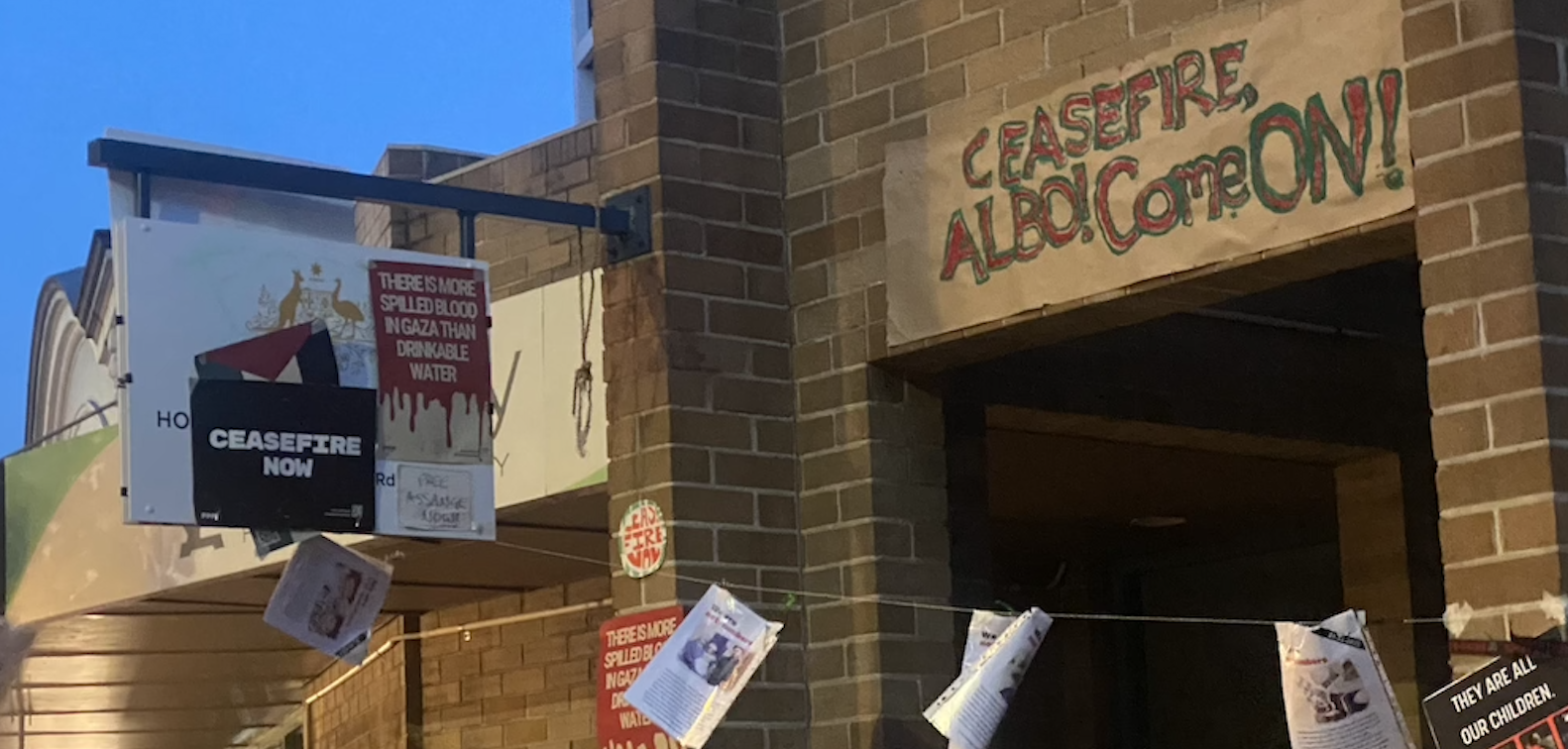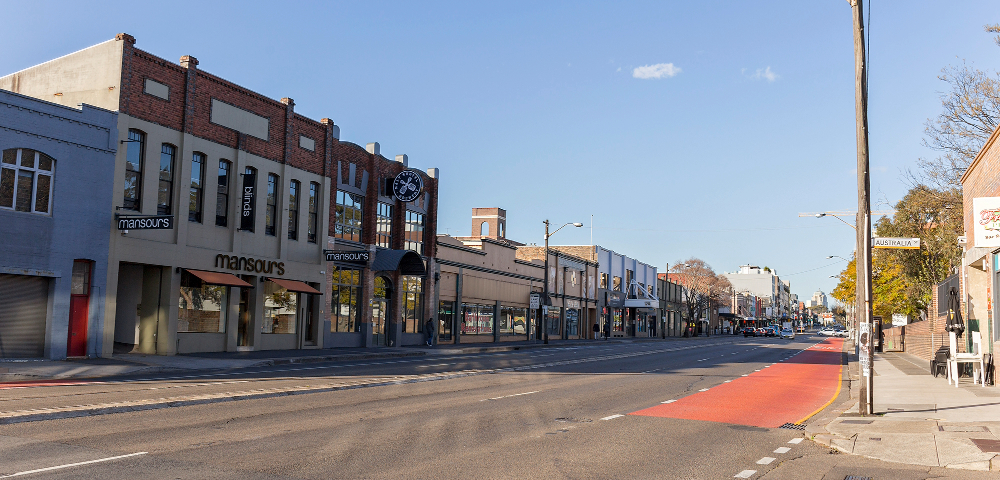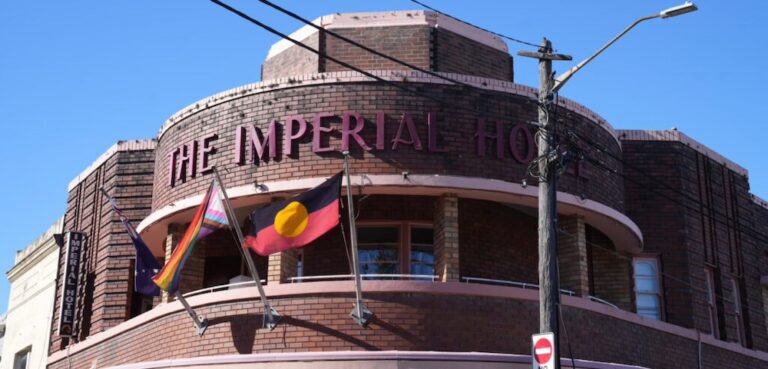
NAKED CITY – with JAY KATZ, MISS DEATH & COFFIN ED
PUBLIC ENEMY NUMBER ONE!
Back in the laissez faire days of Sydney in the 1980s two young men were once observed in a back alley of Kings Cross snorting cocaine through straws from a shallow drainage grill in the street. Apparently they had dropped their deal and when they couldn’t remove the grill a couple of straws from the local mixed business and some accelerated nasal action quickly saved the day.
Urban myth it might be, but the story does reflect a time when cocaine was freely available in Sydney, its usage largely unmonitored by the Federal Government and penalties for its importation not nearly as severe as they are today. One well known Kings Cross celebrity bar openly sold ‘coke’ across the bar to credit card holders, marked down as a bottle of expensive wine or a round of cocktails.
These days penalties for the importation or distribution of cocaine in Australia often outstrip those for murder and other violent crimes. Prison sentences of 20 and 30 years are not uncommon and the legal system appears to have unleashed a kind of moral outrage at the vast amounts of money that can be made from this thriving international trade.
When Richard Buttrose was sentenced to a non-parole period of 12 and a half years in 2010, after being caught with six kilograms of cocaine and over $1.3 million in cash, his capture was painted in some sections of the media as a victory against the high flying Eastern Suburbs social set to whom he allegedly supplied the substance. His sentence has recently been cut by three years after he co-operated with police in providing a list of his clients.
Less publicised are the foreign nationals, many of them simply unfortunate drug mules, now currently languishing in NSW prisons, who have been dished out sentences of 15 years and more and whose chances of an early parole are a lot less than those of Buttrose.
The war against cocaine, like the unwinnable and often absurd war against all illegal substances, is a curious one where protecting the public against the supposed therapeutic dangers of the drug is often secondary to an enforced moral code clearly aimed at maintaining the status quo.
When it comes to dangerous drugs alcohol and tobacco leave cocaine for dead in both the widespread harm they generate and the massive health problems they create for the community at large. Cocaine, which can be argued as being more socially friendly and less addictive drug than the above, certainly has its jeopardies, but nothing like the body count generated by booze and fags.
It’s certainly convenient though for the Government, despite all its responsible drinking and anti-tobacco propaganda, to be able to demonise one particular narcotic in comparison. The massive illegal trade in cocaine is clearly a threat to the millions it collects in ‘legal’ taxes from cigarette and alcohol excises. Until the next mind popping recreational party drug is discovered deep in the Amazon rain forests, cocaine is a suitable bogeyman for the legitimisation of other evils and sets the benchmark for the punitive response. Whatever happened to good old heroin?




